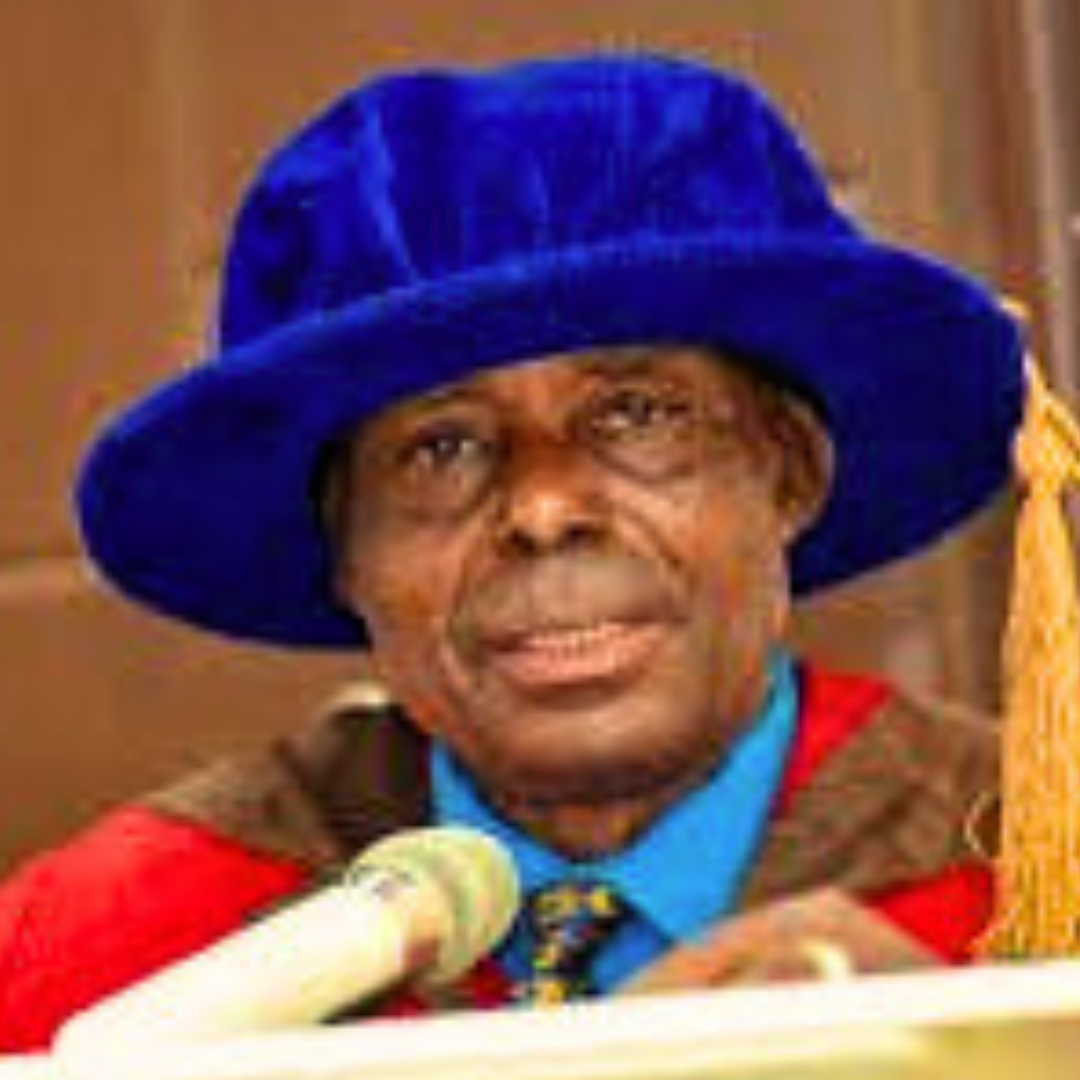
ABRAHAM, THE FATHER OF FAITH
The one towering figure who features prominently in both the Holy Bible of the Christians and the Holy Quran of the Moslems is Abraham, known to the latter as Ibrahim.
Considering that the very first sin of man against God was disobedience, Abraham (or Ibrahim) represents the pinnacle of obedience that humanity is ever capable of attaining, thus making up for the original sin of Adam and Eve.
So, he is the foundation of our faith and the father of modern theology. He represents the one personality in whom Christianity and Islam find a convenient point of convergence, although they diverge remarkably in doctrines and dogmas.
First known as Abram (exalted father), he became Abraham (father of a multitude) at 99 years old. God told him: “As for me, this is my covenant with you: You will be the father of many nations.
No longer will you be called Abram; your name will be Abraham, for I have made you a father of many nations. I will make you very fruitful; I will make nations of you, and kings will come from you” (Genesis 17:1-5).
Similarly, his wife’s name was changed from Sarai to Sarah: “Your wife Sarai, you shall not call Sarai, but Sarah. And I will bless her; and from her, I will give you a son, whom I will bless, and he will be among the nations, and kings of the peoples will rise from him” (Genesis 17:15-16).
The son in question is Isaac, and, with him, they both passed the first and greatest test of obedience. “Take your son, your only son Isaac, whom you love, and go to the land of Moriah, and offer him there as a burnt offering upon one of the mountains of which I shall tell you” (Gen.22:2). Abraham did precisely as he was told, but the Lord substituted a ram for Isaac in the nick of time.
In fairness, it was a joint obedience of father and son. When Isaac beheld fire, wood, and sword, he asked his father, “Where is the victim of the holocaust?” But Abraham said, “God himself will provide the victim for the holocaust, my son” (Gen. 22:7-8).
At this point, a disobedient or rebellious son would have bolted; but Isaac meekly submitted himself to be bound hand and foot and placed on the altar for the sacrifice before the last-minute intervention of an Angel of the Lord.
This is the basis of the annual celebration of Eid el Kabir, by Muslims, to commemorate Ibrahim’s demonstration of the rare virtues of submission, obedience, and love of the divine authority.
Although Christians do not observe this as a Feast, this rare show of obedience is often cited as the basis for which God kept a covenant with Abraham. There is no doubt that Abraham is the most important figure in the Old Testament, and his significance parallels that of Mary in the New Testament, who enjoys the singular privilege of giving birth to Jesus.
But it is paradoxical that while God stopped Abraham from sacrificing his only son, Isaac, the Lord did not hesitate to sacrifice His only Son, Jesus Christ, in expiation for the sins of mankind.
Apart from this being an extreme demonstration of love for humanity, God also intended the sacrifice of Christ to be a final one-time sacrifice, in replacement of any other sacrifice, whether human or animal.
The Holy Cross remains the ultimate symbol of salvation for humanity, and no other sacrifice is ever aɡain required for the redemption of mankind. God further called out Abraham to go to the place where he was to receive an inheritance without knowing precisely where he was going (Hebrews 11:8).
“Then the Lord said to Abram: “Depart from your Land, and from your kindred, and from your father’s house and come into the land that I will show you. And I will make of you a great nation, and I will bless you and magnify your name, and you will be blessed” (Genesis 12:1-2).
The Lord brought Abraham outside and asked him to do the impossible task of numbering the stars. “So also will your offspring be” (Genesis 15:5), he was told. The Lord then predicted that Abraham’s offspring would be enslaved in a strange land for as long as four hundred years, an oblique reference to the Israelites’ later ordeal in Egypt from which they were rescued by Moses.
Abraham made sacrifices as prescribed by the Lord, and he fell into a deep sleep. On that day, God made a covenant with Abram, saying: “To your offspring, I will give this land, from the river of Egypt, even to the great river Euphrates…” (Genesis 15:18). As a holy man of God with a very clean heart, Abraham was certainly one of the most blessed individuals in the Bible, given virtually everything, including the gift of longevity and a peaceful passing.
All through his life, he enjoyed very close relationship with God, and was in constant communication with him. He thus offers us a model of faith, obedience, blessing, and an ideal relationship with God, our Creator.



Leave a Comment